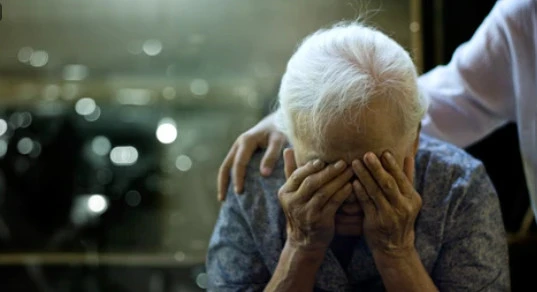Although the research is still in its early stages, scientists have discovered that coffee grounds – after undergoing a processing procedure – may protect brain cells from damage caused by neurodegenerative diseases, according to MSN .

Coffee grounds may be used to produce drugs that prevent Alzheimer's and Parkinson's diseases.
Researchers hope that these new findings will eventually help develop drugs capable of combating neurodegenerative diseases.
Alzheimer's disease and Parkinson's disease are two illnesses for which there is currently no cure. That's why scientists are working hard to find a breakthrough drug that could prevent these two diseases.
Researchers at the University of Texas (USA) have found a way to turn coffee grounds into medicine. Through a complex processing method, they have created carbon nanoparticles from caffeic acid obtained from coffee grounds.
The results show that this drug has the potential to protect brain cells in people with Alzheimer's and Parkinson's disease – caused by lifestyle or environmental factors, such as obesity, age, or exposure to pesticides and toxic chemicals, according to MSN.

Alzheimer's disease and Parkinson's disease are two illnesses for which there is currently no cure.
Hope to invent a treatment method.
The research is based on a process of extracting caffeic acid-based carbon nanoparticles from coffee grounds. Scientists heated coffee grounds samples at 200 degrees Celsius for 4 hours to create these compounds.
In vitro experiments have demonstrated that these substances have neuroprotective effects due to their ability to eliminate free radicals, among other benefits.
The results suggest this treatment could help prevent Alzheimer's or Parkinson's disease at a "very early stage," according to MSN .
The lead researcher, Jyotish Kumar, a doctoral student at the University of Texas, said: "Carbon nanoparticles derived from caffeic acid have the potential to be a breakthrough in treating neurodegenerative disorders. Because current treatments don't cure the disease but only control the symptoms, our goal is to find a cure by addressing the underlying issues."
Source link



















































































































Comment (0)